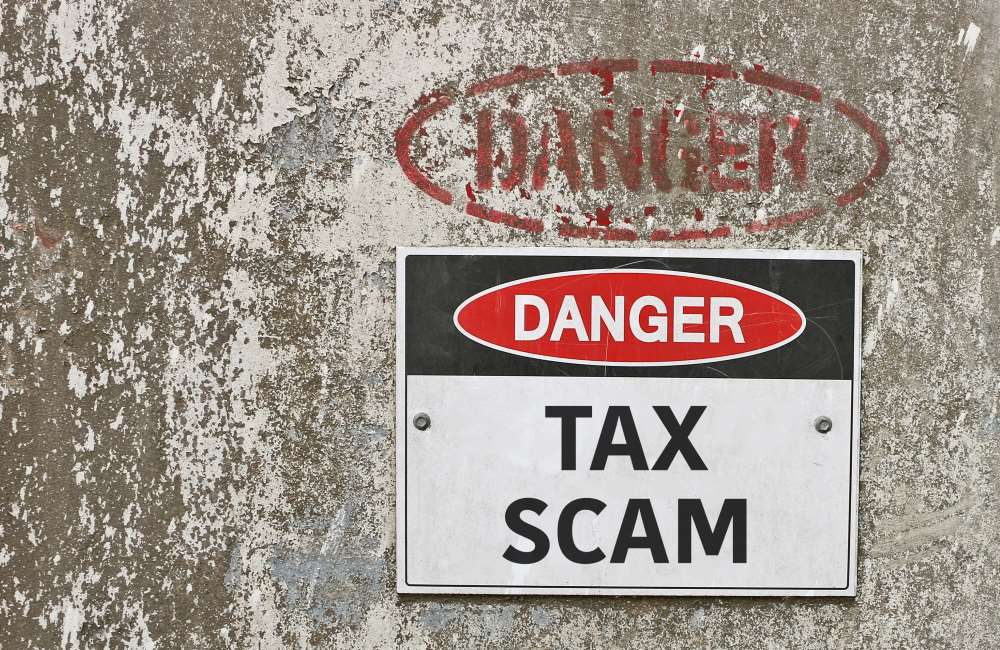Phishing Schemes
Last week the IRS began a string of articles chronicling some of the most prevalent tax scams in the United States in an effort to educate the public and help these scams be avoided. First up on their list: “Phishing” schemes.
Phishing is normally carried out by a criminal who sends spontaneous emails or a link to a fake website that appears to be legitimate. Once the user opens the email or lands on the site they are prompted to enter some kind of personal or financial information. The user typically has no idea and believes they are participating in some type of valid online transaction. Equipped with your personal information, the criminal now has the means to participate in identity theft or financial theft. Often times, personal information can be sold online on a type of black market.
Tips to Avoid Scam
According to IRS Commissioner John Koskinen "The IRS won’t send you an email about a bill or refund out of the blue. Don’t click on one claiming to be from the IRS that takes you by surprise. I urge taxpayers to be wary of clicking on strange emails and websites. They may be scams to steal your personal information.”
They go on to advise that if you believe you have received an email from the IRS or an organization closely linked to the IRS, like the Electronic Federal Tax Payment System (EFTPS), it is important that you report it to phishing@irs.gov.
When one of your clients comes to you and they have been a victim of a phishing scam it is important that you know how to handle it correctly!
Resources
To receive all the latest information on the 2015 tax season and how to approach a Tax scam as an independent preparer, check out our IRS-approved continuing education courses. All the important information for our Annual Tax Refresher Course is handed down directly by the IRS's Annual Filing Season Program. This assures that all courses are up-to-and cover all the material you need.



